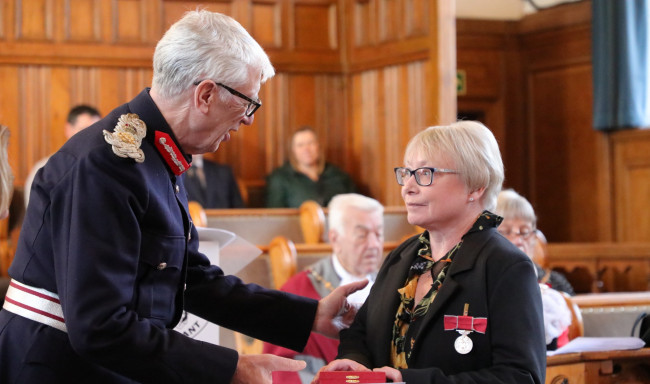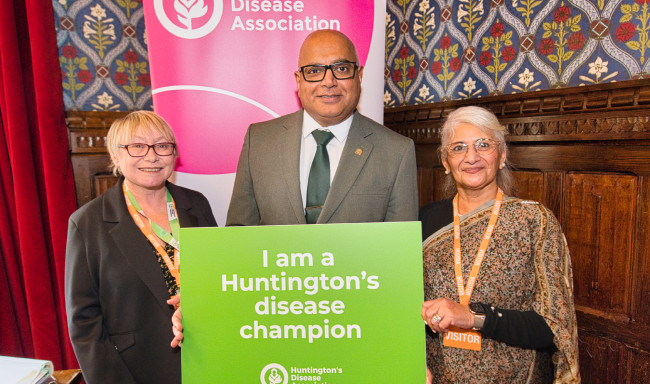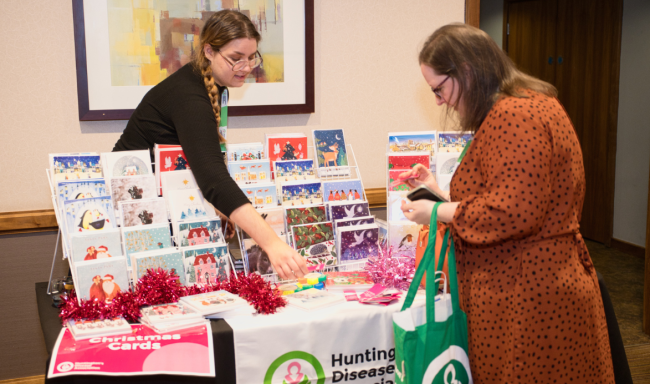What is safeguarding and what does it have to do with people with Huntington’s disease?
Adult safeguarding is about protecting adults at risk from abuse or neglect and about working together to prevent harm and promote wellbeing. There are some differences between procedures to safeguard adults and those for children.
An adult is considered at risk if they have care and support needs (whether or not these are being met), and are experiencing or at risk of abuse or neglect, and as a result of those needs, are unable to protect themselves.
Many people with Huntington’s have care and support needs and would therefore be regarded as vulnerable. It is important when thinking about safeguarding that what the person wants, feels or believes is always taken into account.
But what do we mean when we talk about abuse?
- Physical abuse where someone is hit or pushed or their freedom restricted.
- Neglect, where someone’s care needs are not being met, whether intentionally or through lack of understanding or resources.
- Financial abuse, where someone’s money is mishandled by other people.
- Psychological abuse, where it is in the things that are said to a person or the way they are made to feel.
- Sexual abuse where perhaps someone is coerced into engaging in sexual activity by someone who is exploiting their vulnerability.
- Abuse can also include self-neglect where a person is unable or unwilling to do the necessary things to keep themselves safe and well.
Where might abuse take place?
The answer to this is anywhere.
- Abuse could occur in a person’s own home or when they are out in the community.
- It could occur if they are in a care home or a hospital.
- Abuse could even take place online.
Why might someone with Huntington’s disease be particularly vulnerable to abuse?
There are several possible reasons for this. Due to the progression of Huntington’s symptoms, someone may begin to depend more and more on other people to support them in their daily lives, meaning they are reliant on those people treating them in a kind and caring way and unfortunately this sometimes may not be the case.
In addition, due to changes to speech, someone with Huntington’s may not be able to let other people know that something is not right. People with Huntington’s can sometimes lack insight into the problems they are having which may mean they do not seek help or may decline help, leading to a risk of self-neglect. Some people with Huntington’s can struggle to pick up on more subtle signals that someone may not being honest with them – such as body language or tone of voice – and make take things at face value. This may mean that they are vulnerable to things such as financial scams.
What to do if you think there is a safeguarding issue?
If you are not sure what to do then contact your local authority social services department for advice. You can also speak to a Specialist Huntington’s Disease Adviser from the Huntington’s Disease Association, although they are not safeguarding experts, they can provide support and guidance. Protecting adults who are vulnerable is everybody’s business. If you notice something that isn’t right please don’t ignore it.
17- 21 November is Safeguarding Adults Week 2025





